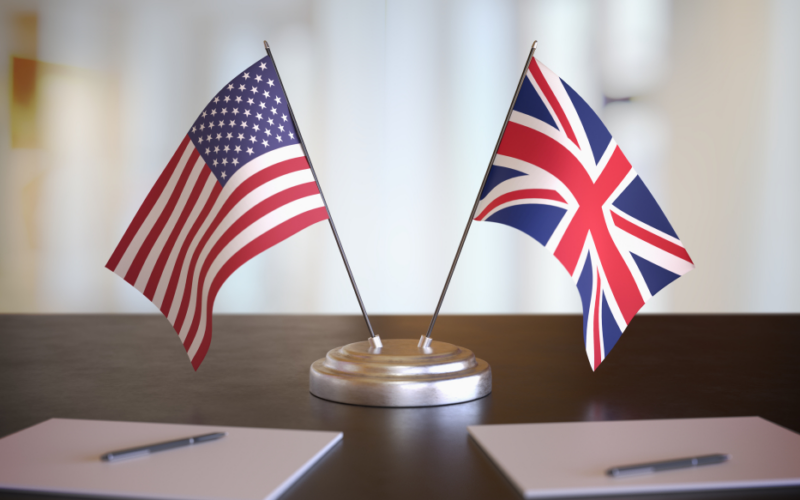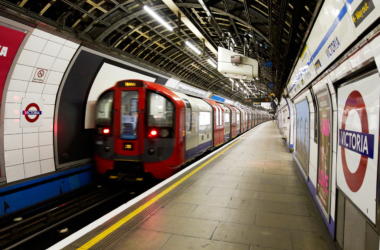The appointment of the UK’s next ambassador to the United States has been formally delayed, according to BBC reports, due to the implementation of pre-election protocols within Whitehall. The freeze stems from specific civil service rules designed to prevent major decisions during the pre-election period, known as “purdah.”
Speculation surrounding the nomination of Sir Tim Barrow, currently the national security adviser, has been a focal point of this delay. It is reported that Prime Minister Rishi Sunak has put forward Sir Tim for the ambassadorial position, a move that has not been officially confirmed or denied by Downing Street.
Labour Party representatives have expressed discontent, accusing the prime minister of attempting to expedite the appointment before the general election. Shadow ministers from Labour have raised their concerns about Sir Tim’s potential appointment during discussions with Foreign Office officials, highlighting issues of fairness and timing.
The situation has created discomfort among U.S. diplomats, who are wary of being entangled in a political dispute between the UK’s main political parties. The U.S. State Department must formally approve any ambassadorial appointment, a process known as “agrément.” The delay is meant to avoid endorsing Sir Tim’s appointment amidst unresolved political contentions.
Under the General Election Guidance for Civil Servants, significant appointments requiring prime ministerial approval are to be paused during the purdah period unless exceptional circumstances arise. This rule applies even if a candidate has already accepted a position but has not yet assumed their post.
The Foreign Office emphasized adherence to these guidelines, stating that future ambassadorial appointments will proceed as per standard procedures post-election.
The debate began in late April when Downing Street announced that General Gwyn Jenkins would succeed Sir Tim as the national security adviser. The announcement did not clarify Sir Tim’s next role but suggested he might be designated as the next ambassador to the U.S., with Mr. Sunak hinting at the normalcy of pre-emptive ambassadorial appointments.
The present ambassador, Dame Karen Pierce, is set to leave her post in early 2025 after an extension to her term to compensate for pandemic-related disruptions. This timing may provide the next government, potentially led by Labour, the opportunity to select her successor based on the outcome of the U.S. presidential election in November.
Should Labour win the election, leader Sir Keir Starmer might reassess Sir Tim’s nomination, possibly initiating a new recruitment process. Labour’s prospective candidates for the ambassadorship include notable figures such as former Foreign Secretary David Miliband, former European Commission Vice-President Baroness Ashton, and former Northern Ireland Secretary Lord Mandelson, among others.
While Sir Tim Barrow’s qualifications are not in question, the timing and manner of his nomination have stirred political tensions. The freeze on his appointment underscores the significance of adhering to established pre-election rules, ensuring that major decisions remain non-partisan and appropriately timed.








